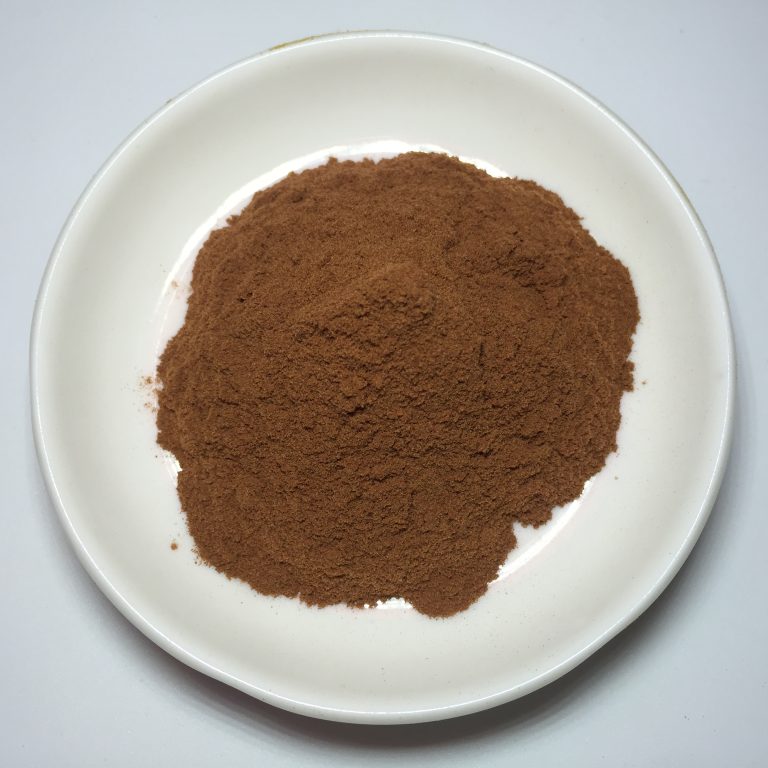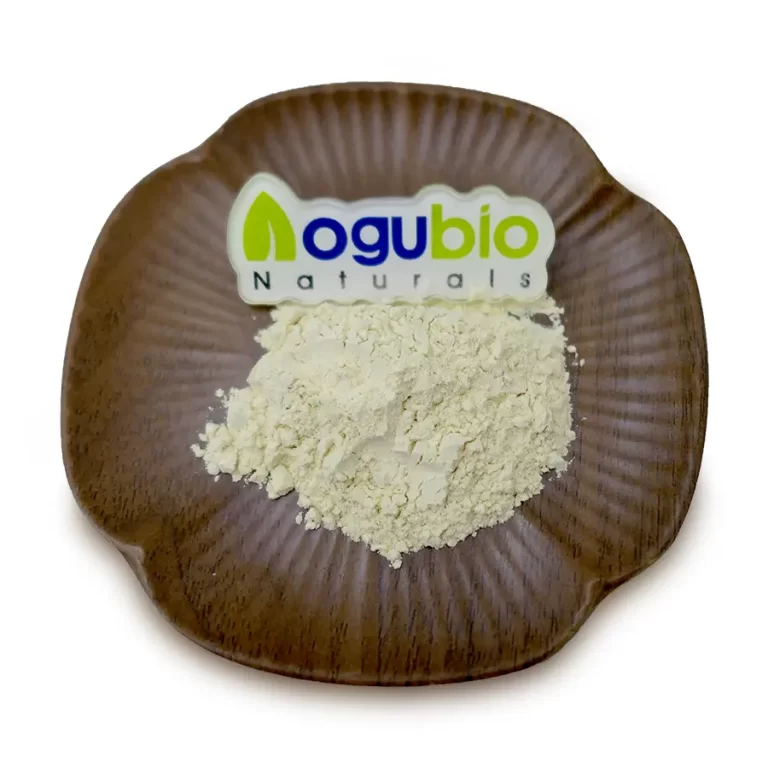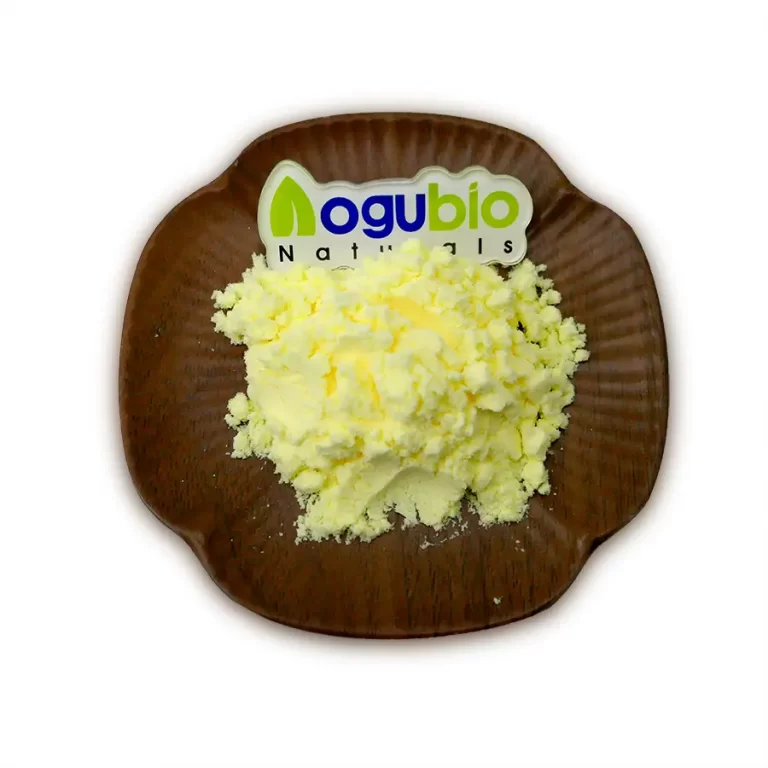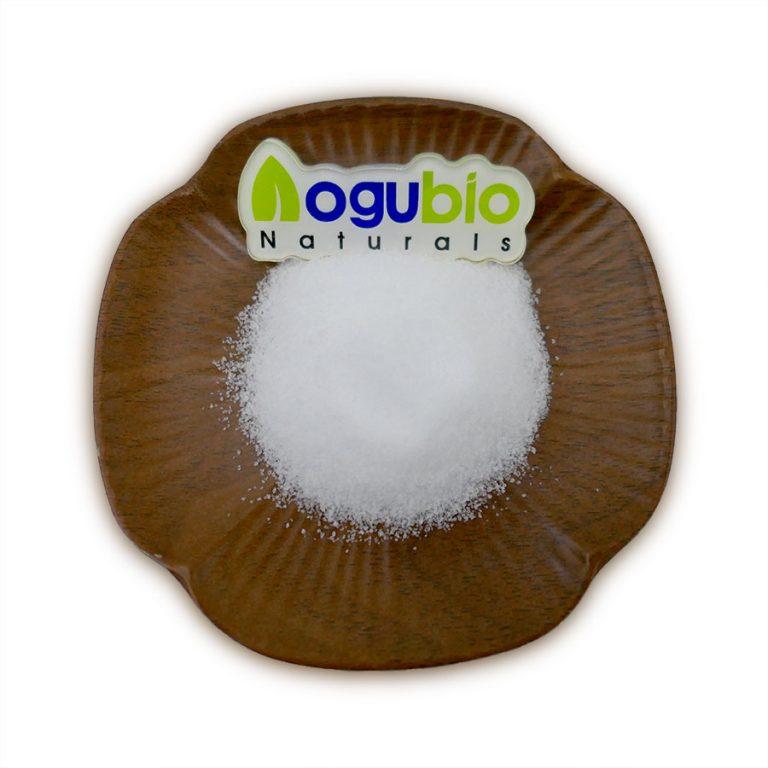-IMAHERB BIOTECH -
Ginkgo Biloba: Health Benefits, Uses
2018-02-05
Overview
Ginkgo (Ginkgo biloba) is one of the oldest living tree species. It is also one of the best-selling herbal supplements in the United States and Europe.
Ginkgo has a long history of use in treating blood disorders and memory issues. It is best known today as way to potentially keep your memory sharp. Laboratory studies have shown that ginkgo improves blood circulation by opening up blood vessels and making blood less sticky. It is also an antioxidant.
For those reasons, ginkgo may improve vein and eye health. Although not all studies agree, ginkgo may help treat dementia (including Alzheimer disease) and intermittent claudication, or poor circulation in the legs. It may also protect memory in older adults.
Ginkgo leaves contain flavonoids and terpenoids, which are both antioxidants. In your body, harmful particles called free radicals build up as you age, and may contribute to heart disease, cancer, and Alzheimer disease. Antioxidants like those found in ginkgo fight off free radicals, and stop them from damaging DNA and other cells.
Plant Description
Ginkgo biloba is the oldest living tree species. A single tree can live as long as 1,000 years and grow to a height of 120 feet. It has short branches with fan-shaped leaves and inedible fruits that smell bad. The fruit has an inner seed, which may be poisonous. Ginkgos are tough, hardy trees and are sometimes planted along urban streets in the United States. The leaves turn brilliant colors in the fall.
Although Chinese herbal medicine has used both the ginkgo leaf and seed for thousands of years, modern research has focused on the standardized Ginkgo biloba extract (GBE) made from the dried green leaves. This standardized extract is highly concentrated and seems to treat health problems (particularly circulatory problems) better than the non-standardized leaf alone.
What is it Made of?
Scientists have found more than 40 components in ginkgo. Only two are believed to act as medicine: flavonoids and terpenoids. Flavonoids are plant-based antioxidants. Laboratory and animal studies show that flavonoids protect the nerves, heart muscle, blood vessels, and retina from damage. Terpenoids (such as ginkgolides) improve blood flow by dilating blood vessels and reducing the stickiness of platelets.
Medicinal Uses and Indications
Based on studies conducted in laboratories, animals, and people, ginkgo is used for the following:
Dementia and Alzheimer disease
Ginkgo is widely used in Europe for treating dementia. At first, doctors thought it helped because it improves blood flow to the brain. Now research suggests it may protect nerve cells that are damaged in Alzheimer disease. Several studies show that ginkgo has a positive effect on memory and thinking in people with Alzheimer disease or vascular dementia.
Studies suggest that ginkgo may help people with Alzheimer disease:
Improve thinking, learning, and memory (cognitive function)
Have an easier time performing daily activities
Improve social behavior
Have fewer feelings of depression
Several studies have found that ginkgo may work as well as some prescription Alzheimer disease medications to delay the symptoms of dementia. It has not been tested against all of the drugs prescribed to treat Alzheimer disease.
In 2008, a well-designed study with more than 3,000 elderly people found that ginkgo was no better than placebo in preventing dementia or Alzheimer disease.
Intermittent claudication
Because ginkgo improves blood flow, it has been studied in people with intermittent claudication, or pain caused by reduced blood flow to the legs. People with intermittent claudication have a hard time walking without feeling extreme pain. An analysis of 8 studies showed that people taking ginkgo tended to walk about 34 meters farther than those taking placebo. In fact, ginkgo has been shown to work as well as a prescription medication in improving pain-free walking distance. However, regular walking exercises work better than ginkgo in improving walking distance.
Anxiety
One preliminary study found that a special formulation of ginkgo extract called EGB 761 might help relieve anxiety. People with generalized anxiety disorder and adjustment disorder who took this specific extract had fewer anxiety symptoms than those who took placebo.
Glaucoma
One small study found that people with glaucoma who took 120 mg of ginkgo daily for 8 weeks had improvements in their vision.
Memory and thinking
Ginkgo is widely touted as a “brain herb.” Some studies show that it does help improve memory in people with dementia. It is not as clear whether ginkgo helps memory in healthy people who have normal, age-related memory loss. Some studies have found slight benefits, while other studies have found no effect. Some studies have found that ginkgo helps improve memory and thinking in young and middle-aged people who are healthy. And preliminary studies suggest it may be useful in the treatment of Attention Deficit Hyperactivity Disorder (ADHD). The dose that works best seems to be 240 mg per day. Ginkgo is often added to nutrition bars, soft drinks, and fruit smoothies to boost memory and enhance mental performance, although such small amounts probably do not help.
Macular degeneration
The flavonoids found in ginkgo may help stop or reduce some problems with the retina, the back part of the eye. Macular degeneration, often called age-related macular degeneration or AMD, is an eye disease that affects the retina. The number one cause of blindness in the Unites States, AMD is a degenerative eye disease that gets worse as time goes on. Some studies suggest that ginkgo may help preserve vision in those with AMD.
Premenstrual syndrome (PMS)
Two studies with a somewhat complicated dosing schedule found that ginkgo helped reduce PMS symptoms. Women in the studies took a special extract of ginkgo beginning on day 16 of their menstrual cycle and stopped taking it after day 5 of their next cycle, then took it again on day 16.
Raynaud’s phenomenon
One well-designed study found that people with Raynaud’s phenomenon who took ginkgo over a 10-week period had fewer symptoms than those who took placebo. More studies are needed.
Available Forms
Standardized extracts containing 24 to 32% flavonoids (also known as flavone glycosides or heterosides) and 6 to 12% terpenoids (triterpene lactones)
Capsules
Tablets
Liquid extracts (tinctures, fluid extracts, and glycerites)






 Imaherb China manufacturer supply Apple Extract Powder
Imaherb China manufacturer supply Apple Extract Powder Imaherb China manufacturer supply Apigenin Powder 98%
Imaherb China manufacturer supply Apigenin Powder 98% Imaherb Factory supply Alpha Lipoic Acid Powder CAS 1077-28-7
Imaherb Factory supply Alpha Lipoic Acid Powder CAS 1077-28-7 Imaherb Factory supply Alpha GPC Powder CAS 28319-77-9
Imaherb Factory supply Alpha GPC Powder CAS 28319-77-9 Imaherb Factory supply Alliin Powder 98% CAS 556-27-4
Imaherb Factory supply Alliin Powder 98% CAS 556-27-4 skype
skype Sales Manager
Sales Manager Rebekah
Rebekah Rachel
Rachel Miranda
Miranda Camilla
Camilla
 Sales Manager
Sales Manager